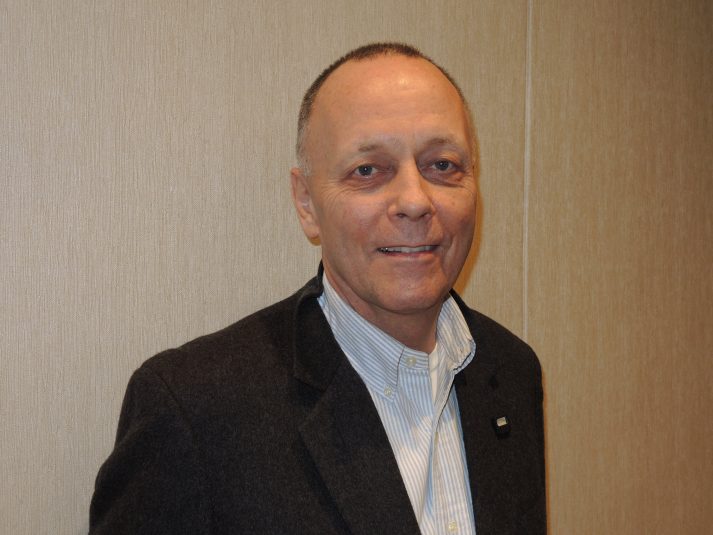With Lon Neumann Hire, Wheatstone Strengthens Its Position in TV Sports Audio
Story Highlights
Wheatstone has always been a force in broadcast audio, chiefly on the radio side. With the appointment of Lon Neumann, who takes up his position as Wheatstone’s sales engineer for TV products on Jan. 3, the company is positioning itself as a stronger player in television sports audio, particularly in the areas of at-home production and IP signal transport.
Neumann — who previously worked as regional manager/field engineer for Linear Acoustic, on the Sony Super Audio CD project, and as the regional manager for Nvision — brings an impressive CV to the table. He chaired an AES Convention presentation on digital interfaces; won a Pro Sound News Award for Arena Sound, for mixing Earth, Wind and Fire’s touring show; was chosen as keynote speaker on FCC’s CALM Act rules of enforcement at a joint meeting of NY SMPTE, SBE, AES, and IEEE; and created and taught programs in the fundamentals and applications of digital technology at UCLA.
In his new position at Wheatstone, he sees his mission to “build up their presence in television sports, particularly in the area of IP-networked systems, which will be a big focus for us in the future.”
Much of that will center on Wheatstone’s new IP-64 large-format mixing console, which features integrated IP audio networking and is expected to ship in 2017. Available in 32-fader frame sizes on up, the console includes AES67 compatibility, touchscreen control, and WheatNet-IP networking for routing and controlling audio. Neumann said he’s intrigued by the nascent category of “edge” devices, such as IP-connected microphones and preamps, for which the IP-64 will act as a hub in the coming connected broadcast environment. This, he says, also encourages the concept of at-home production — or REMI, ESPN’s acronym for remote-integration production — that lets studio-based control extend to audio assets deployed in the field onsite at events.
The company has already integrated that model on the radio side. Collegiate sports network IMG World, for example, has been using at-home production for live coverage to 2,200 radio affiliates, transporting live audio from 40-plus ballparks and fields to its centralized studio in Winston-Salem, NC, where it does all the final production using WheatNet-IP mixing consoles and audio networking.
“It opens up a whole new world of possibilities, for us and for the industry,” Neumann says. “IP is going to be central to that, and the IP-64 will become the flagship for that.”
He said it’s possible that other Wheatstone audio work surfaces made for radio applications could migrate to television. In fact, the broadcast-console market is more fluid and open in recent years than it has historically been in the U.S., where the largely freelance A1 community has focused out of necessity and circumstance on a very limited number of work surfaces.
“The market is continuing to open up to more competition,” Neumann says. “The trajectory seems headed in that direction, especially with more and more collegiate sports on television. It’s a market we’re looking forward to being in.”

